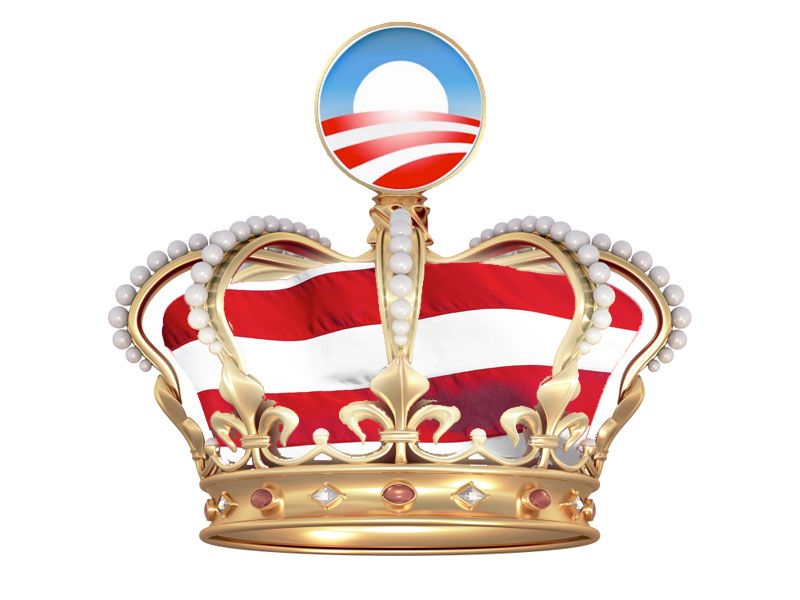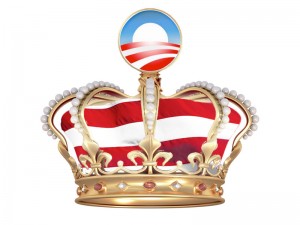
 When President William J. Clinton’s first term agenda came screeching to a halt following the Republican Revolution of 1994, he retooled and restructured his message to adjust to a new political reality. Clinton understood that, in order to stay policy relevant after the GOP took-over the Congress, he would have to engage in horse-trading and bargaining with the opposition party. As such, the Republican takeover of Congress dramatically slowed the Clinton Administration’s far-left policy agenda, including their attempt to implement national healthcare. By cooperating with a conservative Congress, a Democratic President managed to leave a political legacy on many issues Americans could unite behind, namely Welfare Reform at the Defense of Marriage Act (DOMA).
When President William J. Clinton’s first term agenda came screeching to a halt following the Republican Revolution of 1994, he retooled and restructured his message to adjust to a new political reality. Clinton understood that, in order to stay policy relevant after the GOP took-over the Congress, he would have to engage in horse-trading and bargaining with the opposition party. As such, the Republican takeover of Congress dramatically slowed the Clinton Administration’s far-left policy agenda, including their attempt to implement national healthcare. By cooperating with a conservative Congress, a Democratic President managed to leave a political legacy on many issues Americans could unite behind, namely Welfare Reform at the Defense of Marriage Act (DOMA).
When President Obama was dealt a similar Congressional rebuke in the Republican takeover of 2010, he dug-in his heels and became more ideologically liberal, thus choosing to try and end-run Congress to impose his agenda on his own.
The Obama Administration retooled their strategy after 2010 as did the Clinton Administration in 1996, with one major difference: the Clinton Administration adjusted its policy proposals to get them through Congress, the Obama Administration has just sought ways to cut Congress out of the policy process altogether. It is fair to say that, while both Presidents Clinton and Obama are liberal, President Clinton didn’t try and impose his liberalism at the cost of the Constitution. Not so with President Obama; the Constitution is, in his mind, an increasingly irrelevant document that he derides on the march to remake America into the secular-progressive image. The Constitution is just the latest casualty from traditional America in the Left’s war on traditional values.
This has never been clearer than in the Administration’s recent announcement that they’ll impose a regulatory cellular service “fee,” which is a tax by another name, to pay for high speed internet access for public schools. Regardless of what one thinks about federal funding for public school internet access, all Americans should be alarmed and outraged at how the President is going about raising the revenue. This “fee” he seeks to impose is being enacted by executive actions through the Federal Communications Commission, without Congressional oversight or approval. In order for revenues to be raised, namely through taxes and fees, the Constitution requires Congressional authorization, particularly in the US House of Representatives. All spending and revenue bills must originate in the US House of Representatives, as it is the body of government closest to the American people.
When the President of the United States decides to pay for public school internet access funding through cell phones “fees” (taxes), the Congress should call him to account. He has absolutely no constitutional authority to impose such a fee through the FCC. The bigger issue at stake here has nothing to do with cell phone taxes or funding for public school internet access; at stake is the notion of the separation of powers and the concept of constitutional government. When a President decides to implement a de facto tax without Congressional approval, in direct defiance of the Constitution of the United States, it represents a clear and present danger to the American republic.
Rome didn’t become an empire overnight; it started as a republic. Slowly, however, and in the name of the people and progress, the Roman Senate ceded its power to the emperors, and the republic was lost forever. It is now incumbent on the Congress of the United States to curtail the power of the presidency to impose taxes and policies without the consent of the people through their Congressional representatives. The most obvious way to check the President in this instance is to withhold all funding for the Federal Communications Commission (FCC) until the President abandons his plan to unilaterally levy a tax against all cell-phone using Americans (or all Americans!).
A member of the US House of Representatives should immediately introduce, as a part of the appropriations process, a measure to defund the FCC until the President backs-off this egregious power grab. If the President refuses, Congress should completely defund the Federal Communications Commission (FCC) until he agrees that he does not have the authority to tax on his own. Only by exercising its power to check and balance the executive can the Congress expect this President to be checked, and American power to be balanced. The future of free and responsible government in this country hangs in the balance.
[sermons id=315]




